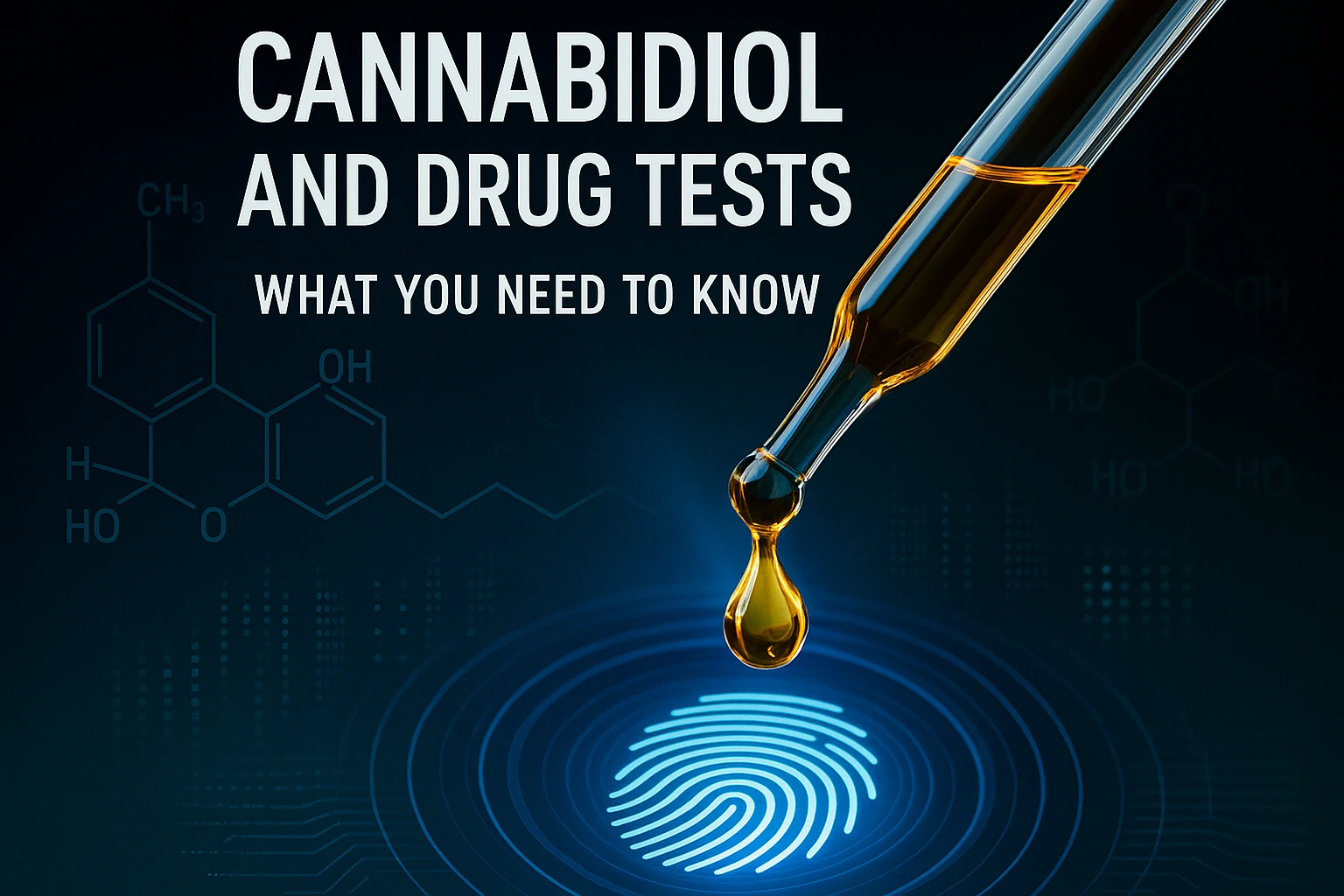Cannabidiol and Drug Tests: What You Need to Know
Introduction
Cannabidiol, or *CBD*, is creating quite the buzz – not just in wellness circles, but also in the realm of drug tests! Many folks find themselves asking: could my favorite CBD product land me in hot water at work? Today, we’re diving into the research to explore this complex interaction, explaining why CBD might cause a drug test to register “positive” and what this means for you.
Key Takeaways
- CBD Products: Full-spectrum oils might cause positive results.
- Legal Implications: Court rulings sometimes support workplace accommodations for CBD users.
- Testing Devices: Most devices require THC to trigger positives.
- Market Surge: The cannabis testing market is booming.
Table of Contents
CBD vs. THC: What’s the Difference in Testing?
Fasten your seatbelts, we’re diving into the nitty-gritty of drug tests! Although cannabidiol is non-psychoactive, confusion arises because some full-spectrum CBD products contain tiny amounts of THC. Regular use could bump your THC levels to detectable amounts on a drug test, causing that dreaded false positive. But wait, the science serves up a surprising side dish – not all tests are created equal.
- Full-Spectrum CBD: May contain 0.3% THC.
- Isolate or Broad-Spectrum CBD: Typically free of THC.
- Frequency of Use: Regular use increases test fail risk.
Legal Landscape: Court Cases and Company Policies
Ever heard of a case where someone kept their job after a positive THC test due to CBD? Picture this: a legal minefield that’s evolving rapidly. In Louisiana, a federal court ruled that accommodating employees might align with the American Disabilities Act. Still, not all workplaces follow suit. Let’s slice through the hype and get to the core.
- Federal vs. State Laws: They can conflict.
- The ADA: May support CBD users.
- Employer Policies: Often vary, so ask HR.
Testing Accuracy: Devices and Market Growth
Here’s what the research actually shows: most drug testing devices like DrugWipe and Dräger won’t trigger a false positive if you’re just taking CBD orally. But hold the salt shaker – even the tiniest THC inclusion can spell trouble. As this fear mounts, the cannabis testing market’s projected to balloon to $3.57 billion by 2025 – chat about pressure, right? Studies show the landscape of testing devices is catching up.
- Device Sensitivity: Varies significantly.
- Market Growth: Driven by demand for accurate testing.
- Buyer Beware: Label discrepancies happen.
FAQs
Does CBD oil show up on drug tests?
Nope, pure CBD doesn’t show up, but full-spectrum products might due to trace THC.
Can I lose my job over CBD?
Potentially, depending on employer policies and inconsistencies in product labeling.
What should I ask my doctor about CBD use?
Inquire about full-spectrum products and potential interactions with medications you use.
Conclusion
To sum it up, navigating the world of CBD and drug testing is like whipping up a fancy soufflé: delicate and layered! Understanding the nuances of CBD, especially related to drug testing, could save your job and peace of mind. Consult with a healthcare professional before diving in. Who knows? Maybe the next time your boss “pops a test,” you’ll be cool as a cucumber!


Leave a Reply